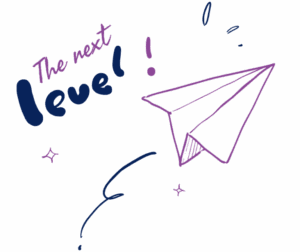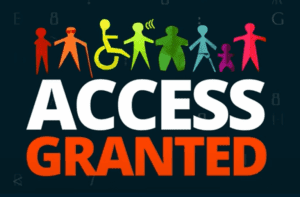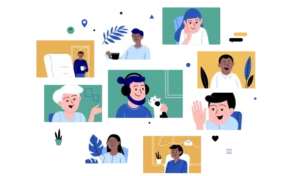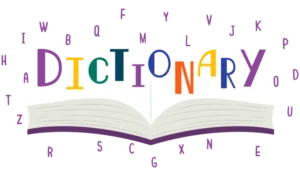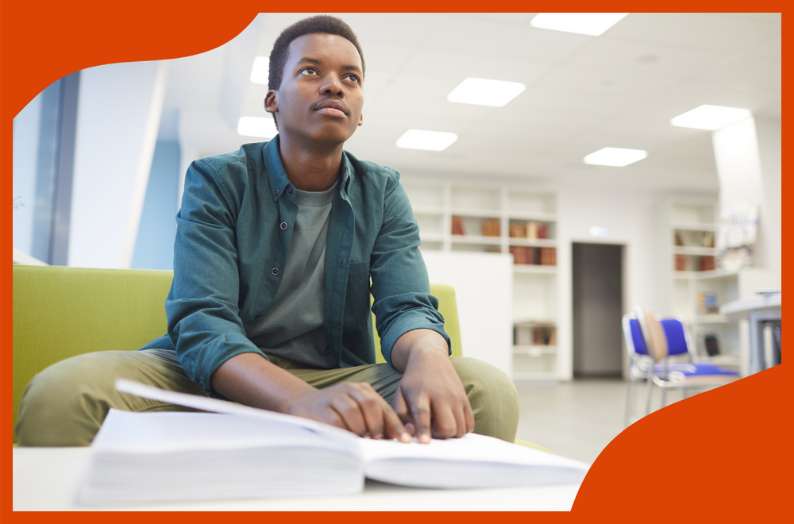Losing your sight is a major life change, and it’s natural to have questions about how it will impact your independence, confidence, and daily routines. Regardless of your ability to see, confidence and independence will always remain within reach. With the right mindset, skills, and support, you can achieve anything you set your mind to. Ablr’s CEO, John Samuel, is proof of that. He traveled the world, built a career, and found confidence through gaining independence and partaking in new experiences.
Coping with Losing Your Vision
Adjusting to vision loss can be overwhelming and one of the hardest parts is overcoming the expectations placed on you by others. Many people who experience vision loss face overprotection from loved ones, limiting their opportunities to explore, take risks, and grow. When people assume you need constant supervision or that certain tasks are beyond your ability, it can wear away at your self-esteem.
Taking control of your own narrative is an important step in rebuilding confidence. That starts with seeking support, whether from therapy, peer groups, or supportive communities. It also means shifting your mindset from limitations to possibilities. For John, confidence initially came from his career success, but it wasn’t until he stopped masking his blindness and started talking about it openly in grad school that he started to build lasting confidence.
Strategies for Independence With Visual Impairment
Independence doesn’t mean doing everything alone. It means having the right tools and mindset to confidently manage daily tasks, make your own decisions, and live life on your terms. Here are three practical strategies for navigating life independently.
One: Orientation & Mobility Training.
Getting around safely and confidently is a crucial part of independence. Orientation & Mobility (O&M) training teaches essential skills for navigating different environments, whether indoors or outdoors. Techniques may include using a white cane to detect obstacles, working with a guide dog, or relying on GPS navigation apps designed for blind and low-vision users. O&M training helps people move freely and safely while increasing their confidence in unfamiliar spaces.
Two: Assistive Technology.
Technology has opened up countless opportunities for people with vision loss to live more independently. Screen readers enable users to navigate computers and smartphones through audio feedback. Magnification software helps those with low vision adjust text size and contrast for better readability. Voice-to-text tools make it easier to send messages, manage tasks, and access information without relying on sight. The right technology can empower individuals to work, communicate, and complete daily tasks with ease.
Three: Daily Living Adaptations.
Simple but effective adaptations can make everyday life more manageable and less stressful. Tactile labels and high-contrast markings help identify household items quickly. Accessible cooking techniques, such as using adaptive kitchen tools and non-slip surfaces, can make meal preparation safer and more efficient. By implementing these adaptations, individuals with visual impairments can maintain a fully independent life.
For John, a key turning point was finding purpose through work. Building a meaningful career helped him realize his own capabilities and develop confidence and independence. That’s one of the many reasons why we have created the Ablr Works program. Employment fosters confidence, and confidence fuels independence. Ablr Works helps people with vision loss gain essential skills, find fulfilling careers, and build the self-assurance that comes from meaningful work.
Reclaiming Confidence With Vision Loss
Building confidence while experiencing vision loss starts with setting both small and big goals. These goals can be anything you want them to be. For some it might be learning a new skill, trying a new route with your white cane, or working toward a degree. Achieving goals will continuously boost your confidence.
John’s journey to self-confidence was tied to achieving milestones like moving abroad, launching a business, and meeting his wife. Finding both professional and personal confidence is what filled him with excitement and a bright outlook on life.
If you are experiencing vision loss and are struggling to build confidence, try focusing on all the possibilities, rather than on the limitation. We understand firsthand how difficult that may seem, but by changing your mindset, you open the door to so many possibilities.
Here are four strategies that we recommend for building your confidence.
- Celebrate Small Wins. Every new skill is a success worth celebrating.
- Surround Yourself with Support. Connecting with peers who understand your journey can boost confidence.
- Challenge Low Expectations. Proving to yourself what’s possible can be empowering.
- Four: Develop Adaptive Skills. Learning new techniques for navigating the world helps increase self-sufficiency and self-belief.
Building confidence takes time, so be patient with yourself. It’s built through experience, self-acceptance, and goal-setting. The more you challenge yourself, the more you’ll realize how much you’re capable of achieving.
You Can Build Confidence and Independence with Vision Loss
Confidence and independence with vision loss are built through mindset, skills, and goal-setting. Every step you take reinforces your ability to navigate life on your terms. Ablr Works is here to support you in developing in-demand skills, gaining meaningful employment, and building the confidence and independence that come from a fulfilling career.

